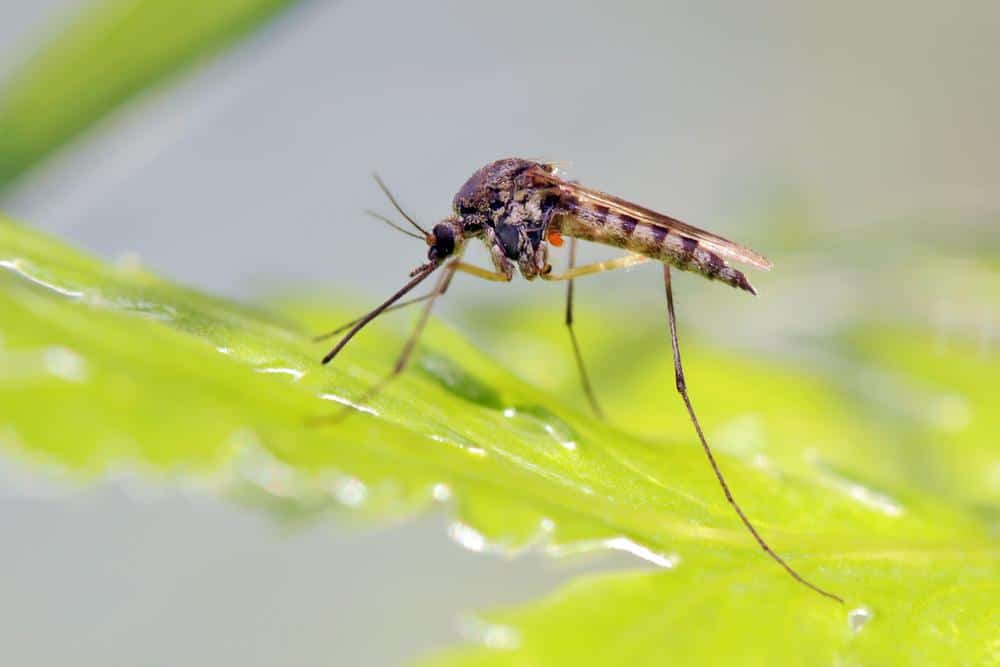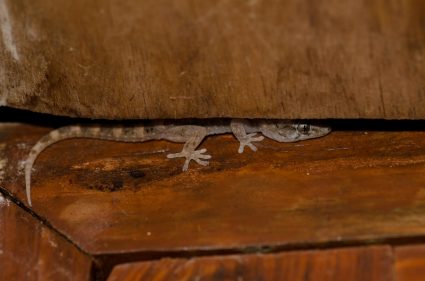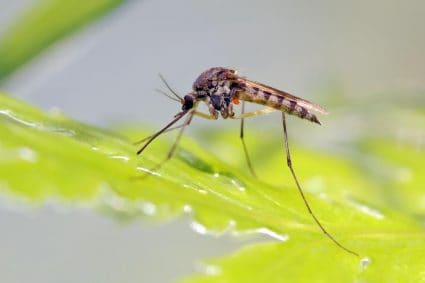
Mosquitoes are more than just a nuisance. They are responsible for spreading diseases like malaria, dengue fever, and Zika virus. Therefore, repelling them is crucial for health and comfort. One method that has been gaining popularity is using light. But what light repels mosquitoes? Let’s delve into this topic.
Yellow or warm-toned LED lights are known to repel mosquitoes as they are less visible to these insects. Certain LED string lights are also designed to repel mosquitoes by infusing bulbs with mosquito-repelling substances or using a yellow hue. However, the effectiveness of light as a mosquito repellent varies depending on the mosquito species and environmental conditions. It’s best used as part of an integrated approach to mosquito control.
The Science Behind Light and Mosquito Behavior
Contrary to popular belief, mosquitoes aren’t attracted to all types of light. They are primarily attracted to humans due to body heat, carbon dioxide, and other chemicals we emit. However, light, particularly artificial light, can disrupt their natural patterns and sometimes draw them closer.
Different mosquito species respond differently to light. Day-biting mosquitoes like Aedes aegypti, for instance, are attracted to a wide range of light spectra during the day, while night-biting mosquitoes like Anopheles coluzzi are strongly photophobic.
Types of Light That Repel Mosquitoes
Yellow light is less visible to mosquitoes and doesn’t attract other non-biting insects, making it a good option for outdoor lighting. Warm-toned LED lights, such as those with a yellow or orange hue, are less appealing to mosquitoes than cool blue lights.
In addition to color, certain LED string lights are designed to repel mosquitoes by infusing bulbs with mosquito-repelling substances like citronella or using a yellow hue to deter them. Examples include the TIKI Brand BiteFighter LED String Lights, which include repellent pods that provide up to 200 hours of mosquito protection, and Feit Electric’s yellow LED outdoor light bulb, known for driving away nearly all bugs, including mosquitoes and spiders.
Limitations of Using Light as a Mosquito Repellent
While using light as a mosquito repellent can prove beneficial, it also has its limitations. For one, light traps often kill harmless or beneficial insects, disrupting the ecosystem. They also consume energy, potentially raising environmental and cost concerns.
Moreover, light-based mosquito traps may provide limited protection, especially outdoors where their efficiency is lower. They can also draw more mosquitoes to the area, paradoxically increasing the risk of bites.
Comparing Light Repellents to Traditional Repellents
Traditional repellents like DEET, picaridin, or oil of lemon eucalyptus have been proven highly effective in repelling mosquitoes. Compared to light-based repellents, traditional ones are often more reliable, providing more consistent and long-lasting protection.
That being said, light-based repellents can still provide some level of protection. They are best used in conjunction with other mosquito control measures, such as removing standing water, using mosquito repellent, wearing protective clothing, and planting mosquito-repellent plants.
Conclusion
While light can play a role in repelling mosquitoes, it is not a silver bullet. The effectiveness of light as a mosquito repellent varies depending on the mosquito species and environmental conditions. It’s best used as part of an integrated approach to mosquito control, alongside other measures such as using repellents and eliminating mosquito breeding sites.
Protecting yourself from these pesky insects is important for both comfort and health. By understanding what light repels mosquitoes and how they respond to different light types, you can make more informed decisions about your mosquito control strategy.
Frequently Asked Questions
What other colors of light repel mosquitoes?
Aside from yellow and orange, red light also tends to be less attractive to mosquitoes. However, the effectiveness can vary depending on the species of mosquito.
Can UV light kill mosquitoes?
Yes, UV light can kill mosquitoes. Bug zappers often use UV light to attract and kill a range of insects, including mosquitoes. However, they also kill beneficial insects and can disrupt ecosystems.
Are there any specific brands of LED lights that are effective in repelling mosquitoes?
Yes, brands like the TIKI Brand and Feit Electric produce LED lights specifically designed to repel mosquitoes. TIKI’s BiteFighter LED String Lights, for instance, include repellent pods in the design.
What are the benefits of using light repellents over traditional ones?
Light repellents can be less intrusive and more aesthetically pleasing than traditional ones. They can also provide ambient lighting for outdoor spaces. However, they are usually less effective than traditional repellents like DEET, picaridin, or oil of lemon eucalyptus.
Are there any natural ways to repel mosquitoes?
Yes, there are several natural ways to repel mosquitoes. This includes planting mosquito-repelling plants like citronella, lemongrass, marigolds, and basil. Essential oils from these plants can also be used as natural repellents.









